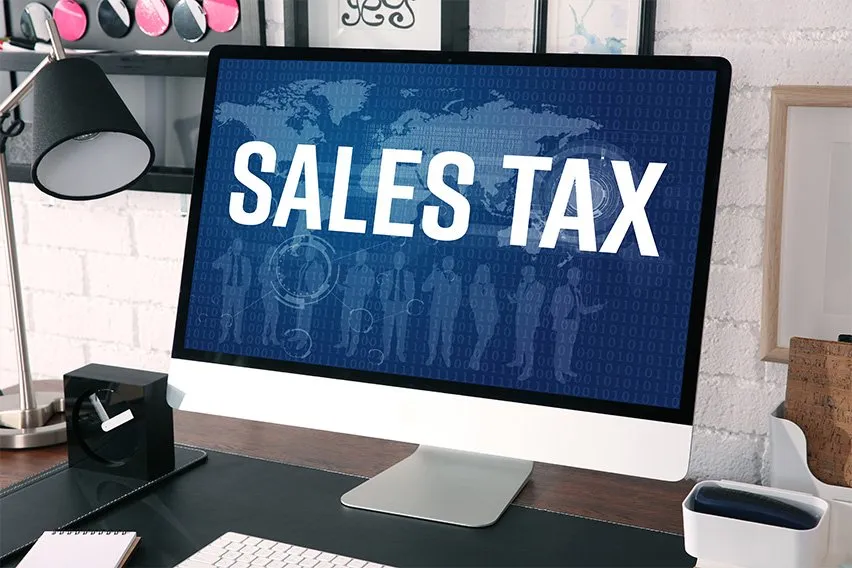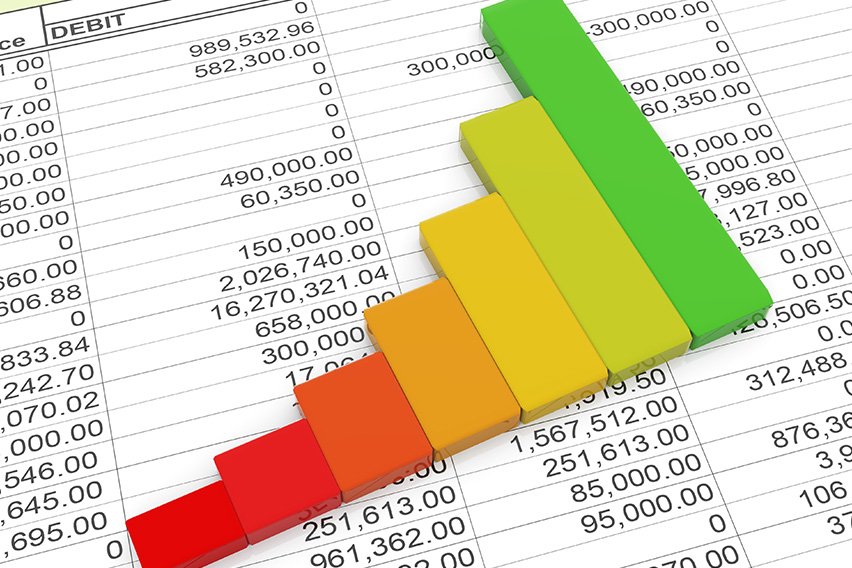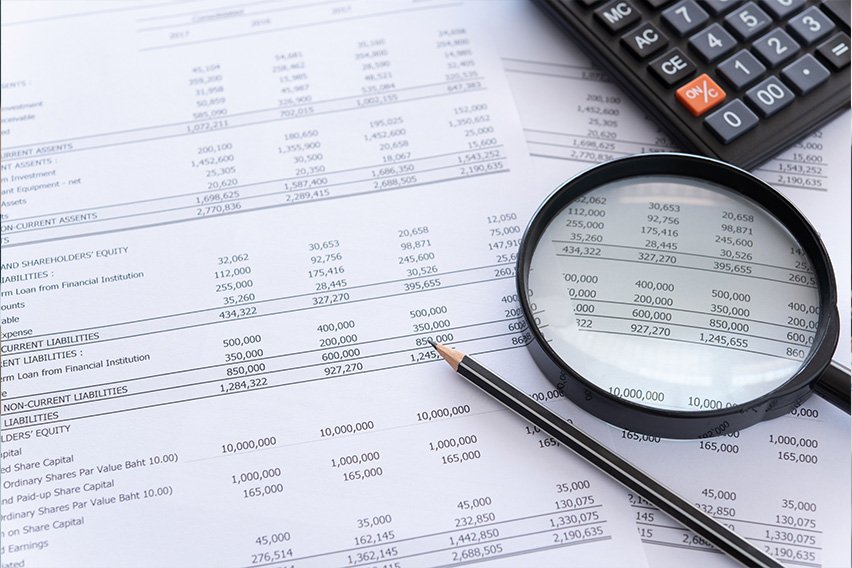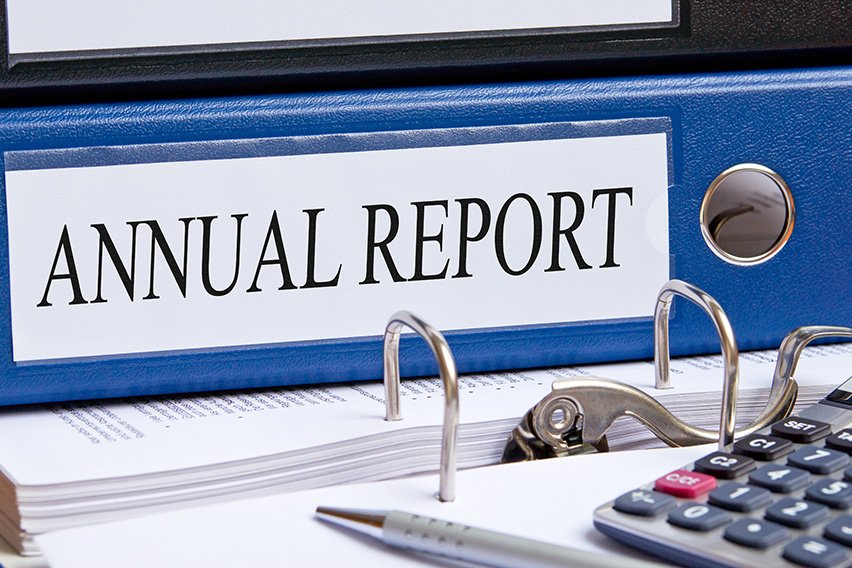How to Report Sales Tax: Tax Reporting for Small Businesses

If your business is in a sales tax state, you’ll need to collect, report, and pay sales taxes to your state on the products or services you sell. To report sales tax, you need to set up processes to collect sales tax from customers, gather reports and send it to your state.
In the United States, forty-five states and Washington D.C. have a sales tax. This means that if you sell products that are taxable, you may be required to collect sales tax from the customers in your state and any other states where you have sales tax nexus.
What this article covers:
- Do I Need to Collect Sales Tax?
- Who Is Responsible for Sales Tax – Buyer or Seller?
- Is It Illegal to Not Charge Sales Tax?
Do I Need to Collect Sales Tax?
Sales taxes are imposed by the government on the sale of goods and services. A business that sells taxable goods and services is required to levy sales taxes at the point of sale, collect the taxes and pass it on to the state and local governments within the prescribed time.
As a small business owner, you need to be aware of your sales tax obligations, what is taxable and how to report it. You need to collect sales tax if you meet the following requirements:

Location
In the United States, there are no federal sales tax laws. Sales tax is imposed by forty-five states, including D.C. The states of Alaska, New Hampshire, Delaware, Oregon, and Montana do not have sales tax.
The sales tax rates and due dates vary across states. Most states require sellers to file either monthly, quarterly or yearly. However, there are always exceptions. Check the tax laws and due dates for reporting sales taxes to avoid penalties.
Tax Nexus
The laws and rules related to sales tax vary across each state. If your business is located in any of these states or has a tax nexus, you will need to collect sales tax.
Having a tax nexus means that your business is connected to a state. A business will usually have a nexus in its home state but in some cases, it may have a nexus in other states if it has a physical presence in another state, affiliates, personnel, inventory or temporary sales in these states.
If you’ve determined that your business must add on a sales tax charge for transactions in certain states (and the customer does not have tax exempt status), you’ll need to determine which sales tax rate to charge.
Type of Products or Services
Not all products or services sold by your business are taxable. For example, certain states do not levy the sales tax for necessary for survival items such as groceries and prescription drugs.
Businesses also need to check for tax exemptions. For example, wholesalers who sell to resellers with valid reseller license should check the sales tax laws in their state as these sales are usually exempt from taxes. It’s important to keep a record of these transactions along with the reseller’s sales tax certificate for audit purposes.
Sales Tax Permit
Businesses that need to collect sales tax should be registered for the sales tax permit with the state’s Department of Revenue. The permit allows you to collect, report and pay sales tax in your state legally and must be completed before you begin operations in the state.
If you need to collect sales tax, you’ll also need to collect and report sales tax. Here are the steps that you need to follow to file sales tax in your state.
- Determine the due dates and frequency for filing sales tax
- Create a sales tax report by figuring out how much sales tax you collected from buyers in that state and remit that to the state along with a sales tax filing
- Log into your state’s tax filing website and report your sales tax information
- Check with your state regarding the frequency of payment and due dates

Who Is Responsible for Sales Tax – Buyer or Seller?
While the customer pays the sales tax for the goods and services purchased, it is the seller who is responsible for collecting and paying the taxes to the authorities.
Throughout the United States, there are several different types of sales tax systems in use. The difference between it is who is the main taxpayer – the seller or the purchaser. In some states, the sales tax is imposed on sellers, who pass it on to their customers
In contrast, some states impose taxes on the purchaser with the seller being responsible for collecting the tax and remitting it to the state.
Is It Illegal to Not Charge Sales Tax?
If you have a sales tax obligation but haven’t reported sales tax, it’s only a matter of time before you’ll be required to pay what you owe.
If you continue to disregard collection and remittance, you will run the risk of being audited. If you’re an online seller, you may be required to report and pay sales taxes to remote states.
Understanding the sales tax reporting process can be challenging for small business owners. You can choose to automate the process with a sales tax solution to collect and automatically file taxes.
RELATED ARTICLES

 How to Prepare a Trial Balance in 5 Steps
How to Prepare a Trial Balance in 5 Steps What Is a Trial Balance Report?
What Is a Trial Balance Report? What Is a General Ledger Report?
What Is a General Ledger Report? How to Improve Business Performance: Business Performance Management Tips
How to Improve Business Performance: Business Performance Management Tips Business Performance Report: How to Write a Business Performance Report?
Business Performance Report: How to Write a Business Performance Report? How to Write an Annual Report: 4 Tips for Getting Started
How to Write an Annual Report: 4 Tips for Getting Started